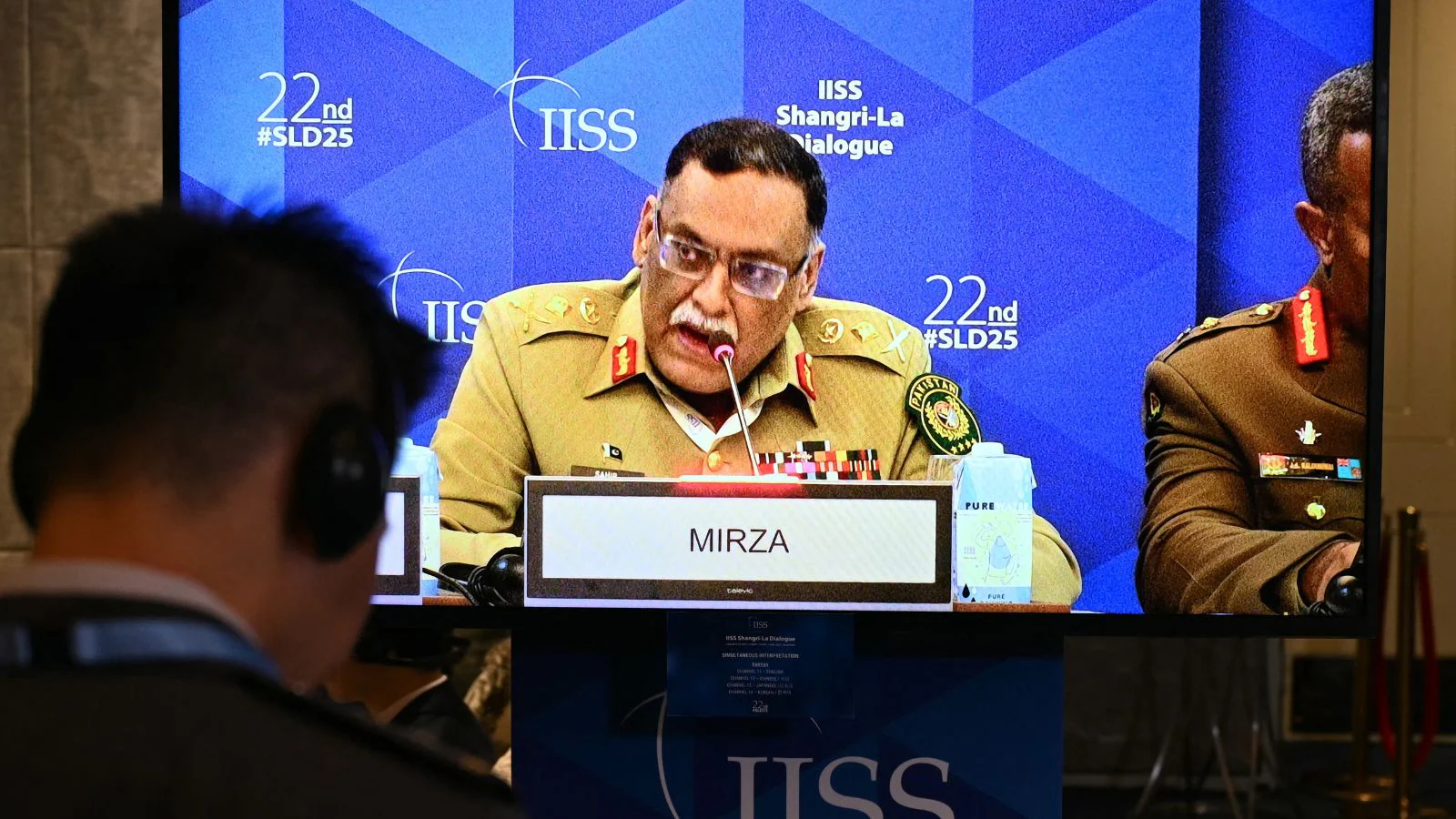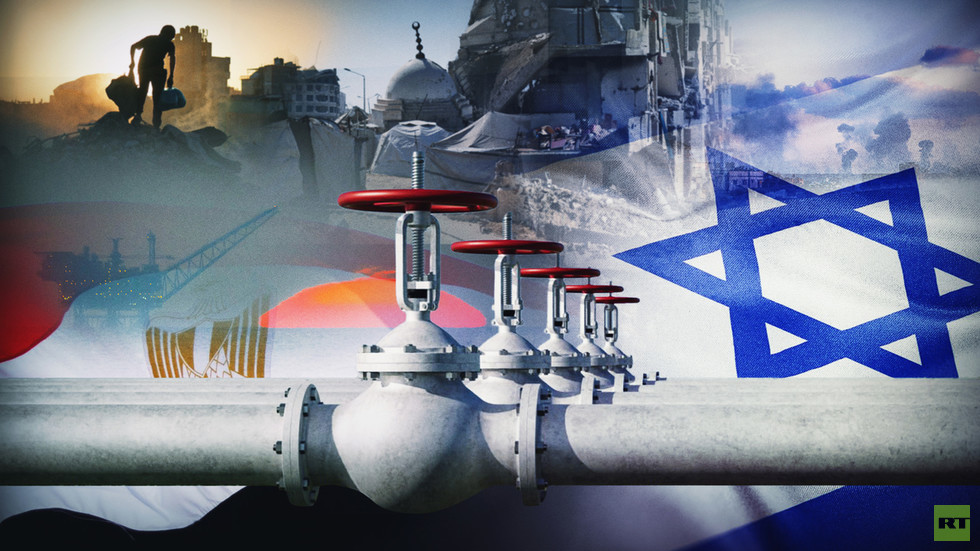Copyright news18

General Sahir Shamshad Mirza, Pakistan’s Chairman of the Joint Chiefs of Staff Committee, recently made a statement in which he talked about India’s so-called “politicised military” and “militarised polity”. The irony could not have been sharper. General Mirza represents the most militarised nation on earth—where generals anoint prime ministers, court rulings are dictated under duress, and torture cells serve the interests of the uniform. And yet he had the audacity to lecture the world’s largest democracy on civil-military balance. This staggering hypocrisy can be better understood when one scrutinises Pakistan’s military establishment. It is a well-established fact that the Pakistan military has been the most powerful centre in a country that is falling apart as the Pakistani generals have throttled democracy, executed elected leaders, amassed vast illicit fortunes, unleashed terror in Balochistan and the former FATA region, and muzzled journalists who dared reveal its excesses. Architecture of Military Dictatorship Since Pakistan’s inception in 1947, the military has been the sole constant in a nation where elected governments are temporary fixtures and democratic institutions are theatrical props. Pakistan has suffered four major military coups, spending over three decades under direct martial law: Field Marshal Ayub Khan seized power in 1958, overthrowing President Iskander Mirza and establishing a presidential dictatorship that concentrated absolute authority in military hands. General Yahya Khan ruled from 1969 to 1971, presiding over the catastrophic Bangladesh Liberation War that dismembered the nation. General Zia-ul-Haq overthrew Prime Minister Zulfikar Ali Bhutto in Operation Fair Play (1977), ushering in eleven years of brutal Islamisation that permanently altered Pakistan’s secular foundations. General Pervez Musharraf ousted elected Prime Minister Nawaz Sharif in 1999, placing him under house arrest and installing a military regime that persisted until 2008. The pattern is unmistakable: dissolution of assemblies, suspension of the Constitution, arrest of civilian leadership, and imposition of martial law dressed in nationalist rhetoric. Yet the most damning statistic exposes the systematic demolition of civilian governance—no prime minister in Pakistan’s 78-year history has completed a full five-year term. This is not coincidence or democratic evolution; it is institutional design. The military perceives itself as the sole guarantor of Pakistan’s existence, positioning itself above constitutional authority and accountable to no elected institution. Even during periods of nominal civilian governance, the military’s shadow looms omnipresent. General Asim Munir’s elevation to Field Marshal in May 2025—following the India-Pakistan conflict—made him only the second person in Pakistan’s history to hold this rank, and the first to simultaneously serve as Chief of Army Staff. His promotion, accompanied by legislative amendments extending military chiefs’ tenure from three to five years with provisions for indefinite reappointment, effectively removed the retirement age of 64 for the Chief of Army Staff. Pakistan is now led by a lifetime Field Marshal who holds no civilian office yet wields more power than any elected official—a reality that makes General Mirza’s lecture about India’s “militarised polity” an exercise in spectacular delusion. When Judges Are Abducted and Tortured In March 2024, Pakistan witnessed an unprecedented rupture in its facade of judicial independence when six out of eight Islamabad High Court judges issued a letter to the Supreme Judicial Council accusing the Inter-Services Intelligence (ISI) of systematic judicial interference, intimidation, and torture. The letter detailed seven specific instances of coercion designed to “engineer judicial outcomes in politically consequential matters”, particularly cases involving Imran Khan. One judge’s brother-in-law was abducted by individuals identifying themselves as ISI operatives, administered electric shocks, and tortured into recording false allegations against the judge. Judges reported that ISI officers exerted pressure through “friends and relatives” after they ruled against hearing political cases favorable to the establishment, with one judge hospitalised due to stress-induced hypertension. The letter stated: “We believe it is imperative to inquire into and determine whether there exists a continuing policy on the part of the executive branch of the state, implemented by intelligence operatives… to intimidate judges, under threat of coercion or blackmail, to engineer judicial outcomes.” Chief Justice Qazi Faez Isa convened an emergency meeting of all Supreme Court judges, and the government announced an inquiry commission—though historically, such commissions in Pakistan serve as instruments of delay rather than accountability. The judiciary’s subordination to military diktat undermines any pretense of rule of law, transforming courts into extensions of the security apparatus. This is the same military establishment whose representative now lectures India about institutional politicisation. Generals as Corporate Warlords Pakistan’s military has constructed a parallel economic empire that dwarfs civilian enterprise and insulates the institution from accountability. The Fauji Foundation, valued at $5.9 billion, is Pakistan’s wealthiest business group according to the Wealth Perception Index 2025. This sprawling conglomerate includes Mari Petroleum, Fauji Fertilizer (controlling 80 per cent of Pakistan’s fertilizer market), Fauji Cement, Askari Bank, and over 30 industrial units spanning power generation, LPG distribution, food, and private security. Three additional foundations—Army Welfare Trust, Shaheen Foundation (Air Force), and Bahria Foundation (Navy)—collectively generate annual revenues exceeding PKR 1.1 trillion ($3.9 billion), more than Pakistan’s entire federal development budget. The military’s business empire enjoys blanket tax exemptions on consolidated profits, operates on land appropriated from the state, and functions with regulatory immunity unavailable to civilian competitors. The armed forces run over 50 commercial entities worth over $20 billion, ranging from petrol pumps to huge industrial plants, banks, bakeries, schools, and universities. While Pakistan’s GDP growth averaged a dismal 1.5 per cent between 2022 and 2024, and 44.7 per cent of the population lives below the poverty line of $4.20 per day, the military’s corporate conglomerates thrive. In the 2025-26 fiscal year, Pakistan raised defence spending by 20 per cent to PKR 2.55 trillion ($9.04 billion)—14.5 per cent of the federal budget and 2.2 per cent of GDP—even as overall federal expenditure was slashed by 7 per cent. An additional PKR 563 billion is allocated separately for military pensions, not included in the official defence budget. This economic hegemony ensures the military’s institutional autonomy, rendering it financially independent from civilian oversight and politically untouchable. The writer is an author and columnist. His X handle is @ArunAnandLive. Views expressed in the above piece are personal and solely those of the author. They do not necessarily reflect News18’s views.



